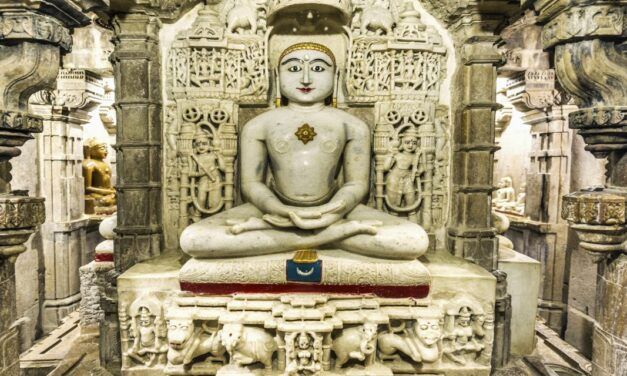This is a question I encountered frequently after the death of my father. Family members and friends wanted to know whether my dad had become a disembodied soul or whether he had received his resurrection body the moment he died. Dr. Norman L. Geisler, president of Southern Evangelical Seminary, points out that those teaching that believers receive their resurrection bodies at the moment of death often do so as a result of misunderstanding or misinterpreting 2 Corinthians 5:1-10.1
First and foremost, as noted by Dr. Geisler, the passage under consideration, as well as the rest of Scripture, clearly refers to the moment of death as one of disembodiment, not of re-embodiment.2 In the immediate context, Paul refers to death as being “naked” (v. 3) or “away from the body” (v. 8). Why would he dread being “naked” if he were going to receive another body at the moment of death? Says Geisler, “Speaking of death as disembodiment (‘absent from the body’) and as an undesirable experience makes little sense if that is the moment of one’s ultimate triumph with a resurrection body (see 2 Corinthians 5:1, 4; 1 Corinthians 15:50-58 NKJV).”3 In fact, Paul makes it crystal-clear in verse 8 that being “at home with the Lord” is tantamount to being “away from the body.”4
Further, if believers received their resurrected bodies at the moment of death, they obviously could not receive them at the Second Coming of Christ, as Scripture teaches (John 5:28-29; I Thess. 4:16). And finally, there is a direct correspondence between the body when it dies and the body when it rises. Thus, our resurrection bodies are not second bodies but our present bodies transformed.
One day, when Christ returns, the very body of my father that I watched being lowered into the ground, will be raised from its grave. It was sown a perishable body, it will be raised imperishable; it was sown in dishonor, it will be raised in glory; it was sown in weakness, it will be raised in power; it was sown a natural body, it is raised a spiritual body (1 Cor. 15:42-44). On that day, Dad’s body will no longer be dominated by natural proclivities; instead, he will have a supernatural, spiritual body dominated by the Holy Spirit and set free from slavery to sin — “an eternal house in heaven, not built by human hands” (2 Cor. 5:1). Apart from that hope, there is no hope. “If the dead are not raised,” says Paul, “let us eat and drink, for tomorrow we die” (1 Cor. 15:32).
More complete answers to this and other questions are available in Hank Hanegraaff’s new book Resurrection. Learn the answers to some of the most frequently asked questions about the resurrection, including Will pets be resurrected? If heaven is perfect, won’t it be perfectly boring? Will there be sex after the resurrection? Are reincarnation and resurrection mutually exclusive?
Notes
1 1 Norman L. Geisler, The Battle for the Resurrection (Nashville: Thomas Nelson Publishers, 1992), 211.
2 2 Ibid., 212
3 3 Ibid., 213.
4 Ibid., 212








